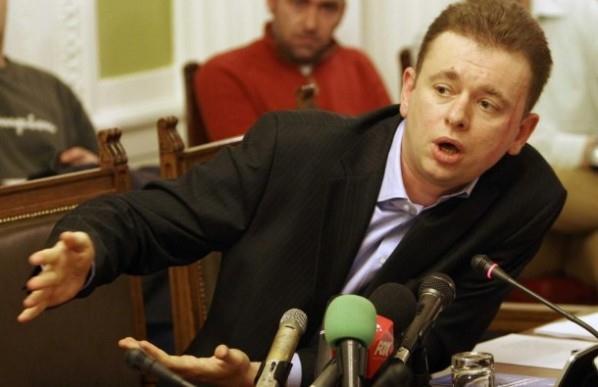Pride Toronto has chosen to honour Serbian activist Goran Miletic as its 2012 international grand marshal, it was announced April 17.
Miletic has worked with several human rights organizations to lobby for the adoption of anti-discrimination legislation in Western Balkan countries and is the program director of an organization that aims to defend civil and political rights in the region.
Queer people in Eastern Europe and the former Yugoslav states face heavy social stigma and officially sanctioned discrimination despite steps in recent years to enact antidiscrimination laws and the growing influence of the European Union’s human rights laws in the region.
In recent years, gay pride events in Miletic’s native Belgrade have been banned or have met with extreme violence from protesters.
“We look forward to having Goran in Toronto during Pride Week so we can learn firsthand about the struggle for basic human rights in Western Balkan countries and share this story with Toronto,” said Pride Toronto’s Frank Folino in a press release.
Recent months have seen some progress in the Balkans. Albanian queers are planning the country’s first Pride march in May and a Serbian judge sentenced Mladen Obradovic, the leader of the extremist group Obraz, to 10 months in prison for uttering death threats that led to the cancellation of the 2009 Belgrade Pride parade.


 Why you can trust Xtra
Why you can trust Xtra


